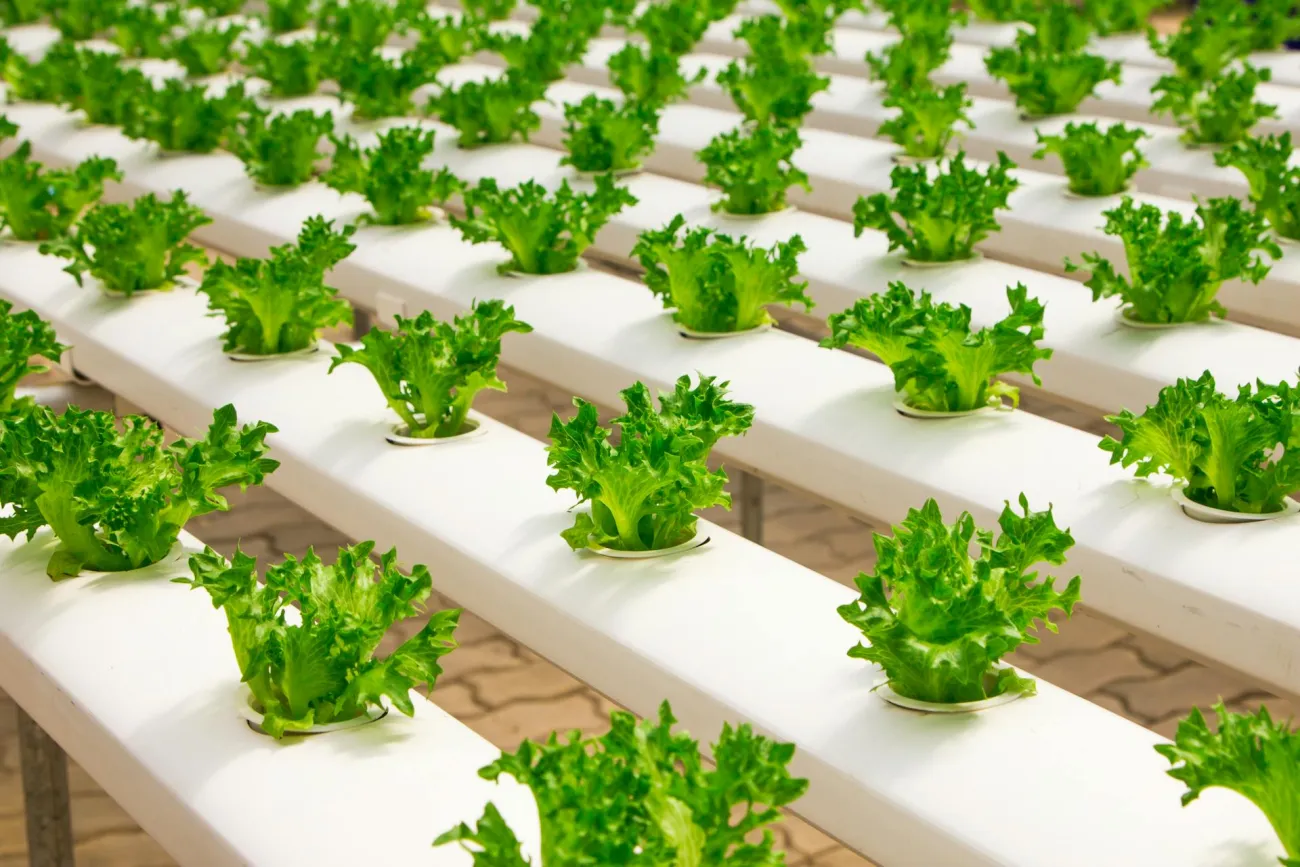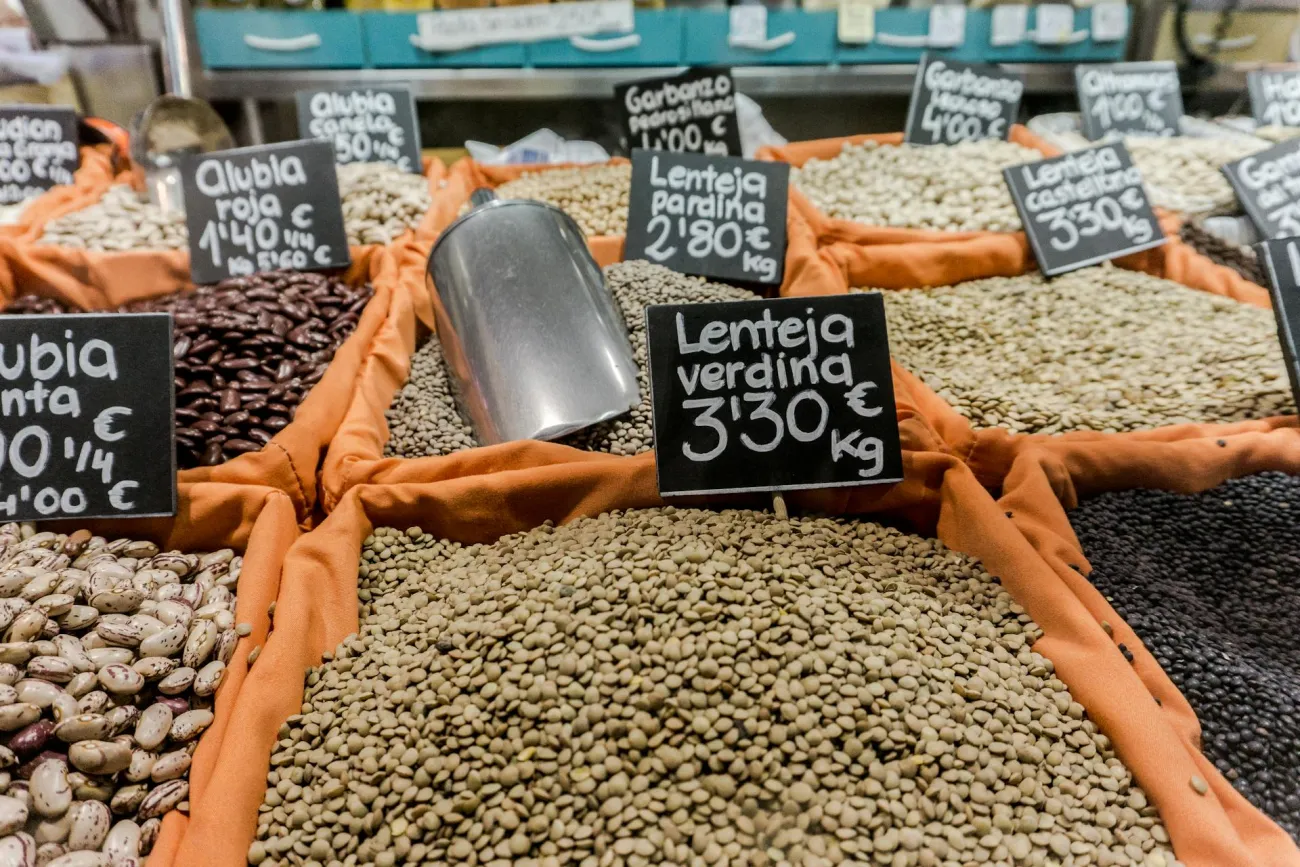This paper argues that a focus on increasing production in line with dominant projections of increased demand, through intensification of current industrial agricultural practices, will cause environmental damage and increase food insecurity.

It also argues that low input agriculture carries its own risks, by ignoring human needs and potentially increasing deforestation. This paper argues instead for a ‘mixed-use mosaic’ approach, which is akin to the concept of sustainable intensification as originally envisaged (see here and here ) but is broader in embracing all types of bioproductivity. It implies managing landscapes and seascapes in a multifunctional mosaic, where production of food and other products is integrated with other services such as waste retention, watershed or climate regulation and large areas are not dominated by monocultures. The paper also highlights the need to address population growth, climate change and unsustainable consumption patterns, and to embrace news technologies, making them making them open-source and combined with social learning.
Summary
Healthy ecosystems are essential for the long-term wellbeing of humans as they provide vital services such as food production, pollination, climate regulation and flood protection. Global trends including population growth, changing diets and consumption patterns, urbanisation and climate change will exert increasing pressure on supplies of food and other products of ecosystems. Many experts predict that food production will need to increase by up to 100 per cent over the next forty years and some suggest that this can only be achieved through intensification of current industrial agricultural practices. This is the dominant narrative. Others suggest that low input agriculture (such as organic) and extensification provide the only alternative path to food security. We reject both these approaches. A focus on intensification of production at the expense of all else appears to take trends in population growth, diet and consumption as preordained instead of open to challenge and change. We argue that greater conventional intensification will erode ecosystem stability and resilience leading to periods of boom and bust and ignores growing ecological and economic constraints on inputs. Similarly an over-emphasis on low input alternatives risks ignoring genuine and irresistible growth in aggregate human needs and the threats to remaining wild ecosystems from conversion to agriculture. We suggest an alternative approach is necessary – a focus on maintaining ecosystem health through the management of terrestrial and aquatic environments as multifunctional mosaics. This approach envisages ecosystems managed to provide a range of services, with sites of intensive production supported by contiguous areas providing different services. This is compatible with modest average increases in productivity and with greatly enhanced resilience in the face of natural and economic shocks. It recognises that ecosystems managed well can be both productive and resilient.
Four key changes in our current thinking and behaviour are required to deliver this more sustainable approach:
1) Governments, businesses and civil society should aim to counteract negative trends such as population growth, the impacts of climate change and unsustainable consumption patterns;
2) Ecosystems should not be viewed and treated as machines for the production of food or fibre, rather they are more like organisms with multiple needs and functions;
3) Technology and research are crucial in meeting the challenges ahead; making them open-source and combined with social learning (which shares relevant expertise from a wide range of sources) will benefit the greatest number of people, and;
4) Global markets in food and commodities need to recognise and value appropriately the positive services that ecosystems provide in addition to food production, and to incorporate features that reduce price volatility and shocks to ensure food security at all levels of society.
To read the paper, see here. For Friends of the Earth’s blog on the paper see here.
Citation
Huxham M, Hartley S, Pretty J and Tett P (2014), No dominion over nature: Why treating ecosystems like machines will lead to boom and bust in food supply, Friends of the Earth




Comments (0)